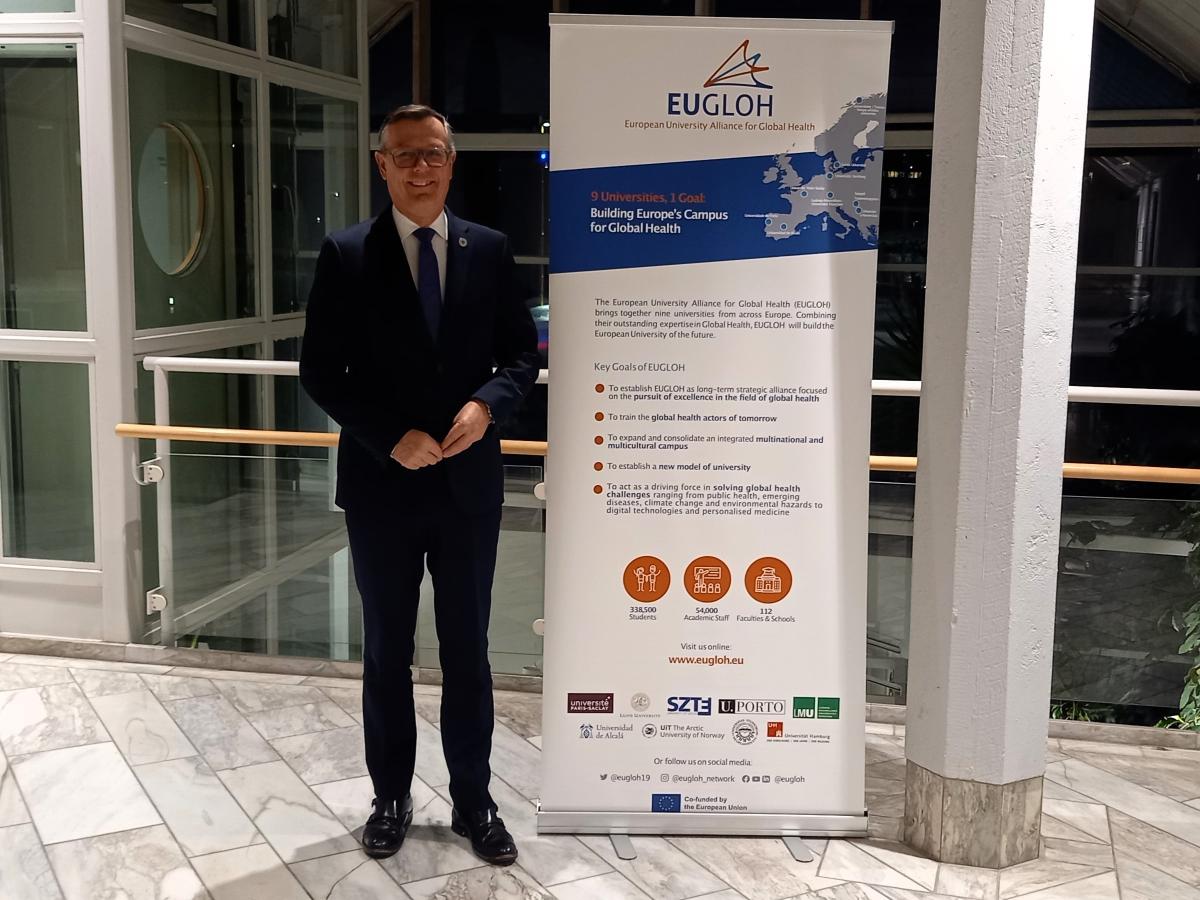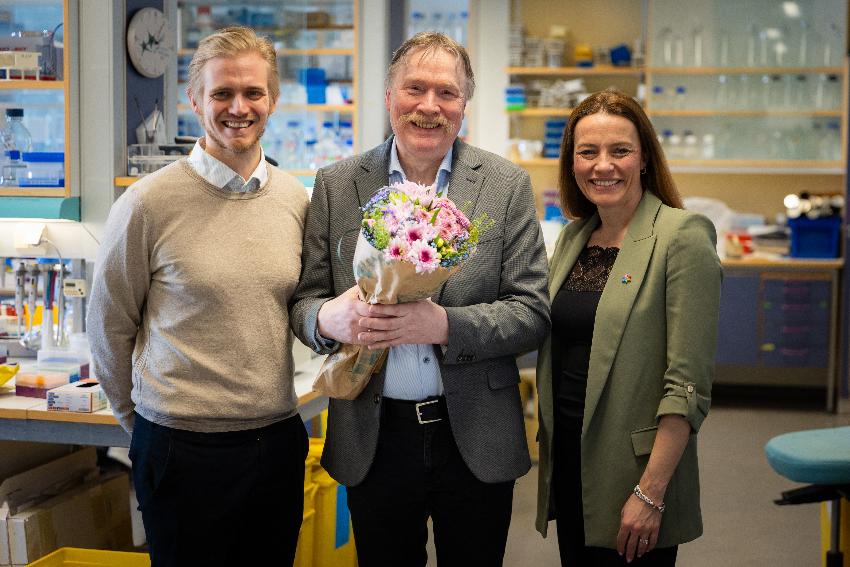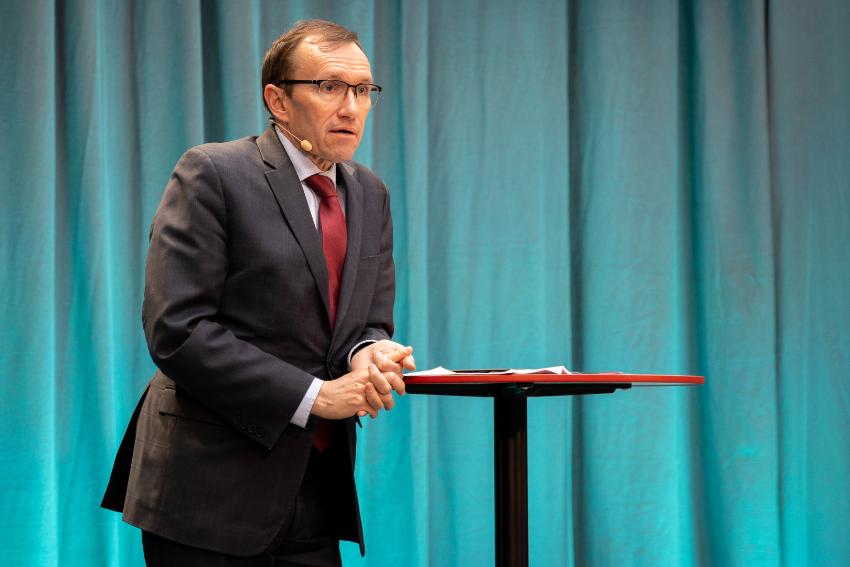UiT assume leadership in EUGLOH
In 2024, UiT will have the leadership role in EUGLOH. It is an alliance between nine European universities that supports collaboration which can face global health challenges. UiT can contribute with solutions that have been developed under demanding Arctic conditions.

The university alliance EUGLOH was established in 2015. Its nine European partner universities support education, research, and innovation that are directed towards global health issues.
EUGLOH now connects 338,500 students, 54,000 academics, and 112 faculties and schools. The partner universities' joint projects are financed by the EU's ERASMUS+ program and Horizon Europe.
This common platform opens up many opportunities. Students, researchers, and academic staff can share infrastructure, resources, learning tools, and expertise in many areas.
Handover of leadership
The highest decision-making body for the alliance is called the Governing Board. It consists of the rectors of the partner institutions, as well as three student representatives. From 2023, a rotating leadership for the body was introduced. Lund University has had the leadership responsibility this year, also known as the "presiding institution".
From next year, UiT will take over the leadership responsibility. The formal handover of the torch took place at an online meeting on December 18th, where UiT Rector Dag Rune Olsen and Erik Renström, Rector (Vice-Chancellor) at Lund University, were present.
UiT is among the younger members of the alliance, having only become a member in January 2023, along with the University of Alcalá, University of Novi Sad, and University of Hamburg.
Rector Dag Rune Olsen is going to maintain a close dialogue with the partner universities about the global health challenges that lie ahead in the near future. "UiT, together with our partners, wants to develop innovative, democratic, and sustainable solutions to meet major societal challenges," Olsen states.
In such a context, he believes UiT can contribute with important perspectives, knowledge, and expertise.
"UiT, with its location in the northernmost part of Europe, has over several decades contributed to finding good health solutions for a diverse society living under demanding conditions. Our researchers monitor closely the climate changes in the Arctic and the consequences they bring for both health and welfare. These are insights and expertise we would like to share with our partners," adds Olsen.
Long-term Goals
For now, the partner universities mainly collaborate by organizing short-term courses and financing academic mobility and projects relevant to global health issues. This includes seminars, conferences, and workshops for students, researchers, and university staff. Participants can in this context have both travel and accommodation financed at another partner university in Europe.
But EUGLOH also has a larger goal in sight. In the long term, a joint campus based on collaboration between the partner universities is to be built. Such a campus is intended to be multinational, multilingual, and multicultural.
To achieve such a goal, the activities of the partner universities will be integrated to an ever greater extent than today, step by step. The aim is to establish a common European student card, and it will also be possible to have common standards for degrees awarded at bachelor and master levels. In addition, the partner universities plan to introduce joint arrangements for PhD degrees.


